Better Addiction Care Blogs

Sometimes, alcohol consumption can cause frequent but overlooked adverse effects; one of these adverse effects is brain fog. This is caused because alcohol enters the bloodstream and swiftly crosses the blood-brain barrier; it affects several neurotransmitters and brain locations involved in cognitive function.
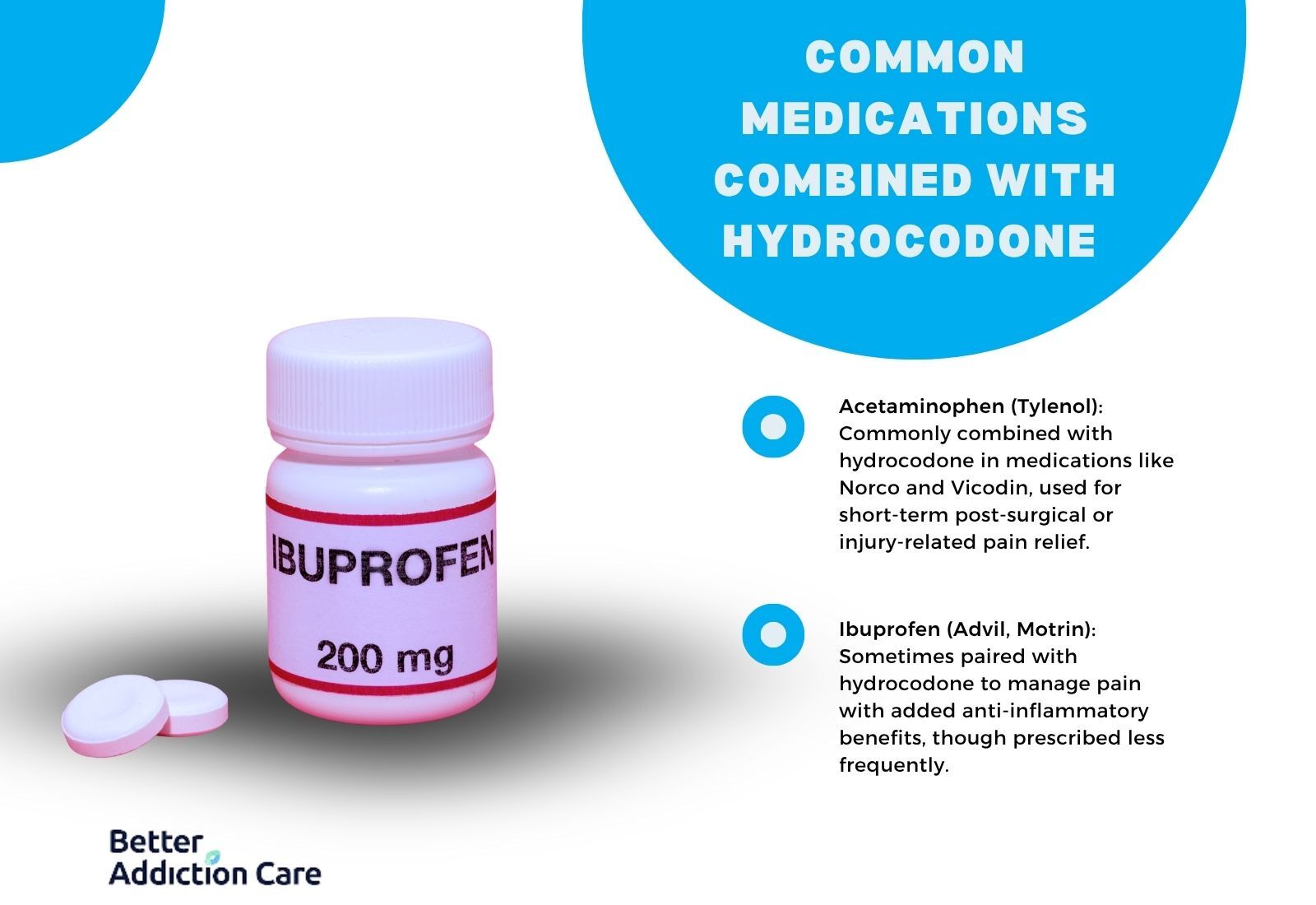 @esle
@esle

You spot a small white oval pill on the counter and wonder what it could be. At first, it looks like any other prescription tablet—but could it be hydrocodone?
The only way to know for sure is by checking its imprint code, along with its shape and color. Every hydrocodone pill in the U.S. is required by the FDA to have a unique imprint that confirms its ingredients and strength.
Knowing how to recognize these pills isn’t just useful—it’s a safeguard against mistakes and misuse.
You spot a small white oval pill on the counter and wonder what it could be. At first, it looks like any other prescription tablet—but could it be hydrocodone?
The only way to know for sure is by checking its imprint code, along with its shape and color. Every hydrocodone pill in the U.S. is required by the FDA to have a unique imprint that confirms its ingredients and strength.
Knowing how to recognize these pills isn’t just useful—it’s a safeguard against mistakes and misuse.
Struggling to stop masturbation that feels out of control can leave you exhausted, embarrassed, and stuck in a loop of secrecy and shame. That’s common — and it doesn’t mean you’re a bad person.
Struggling to stop masturbation that feels out of control can leave you exhausted, embarrassed, and stuck in a loop of secrecy and shame. That’s common — and it doesn’t mean you’re a bad person.
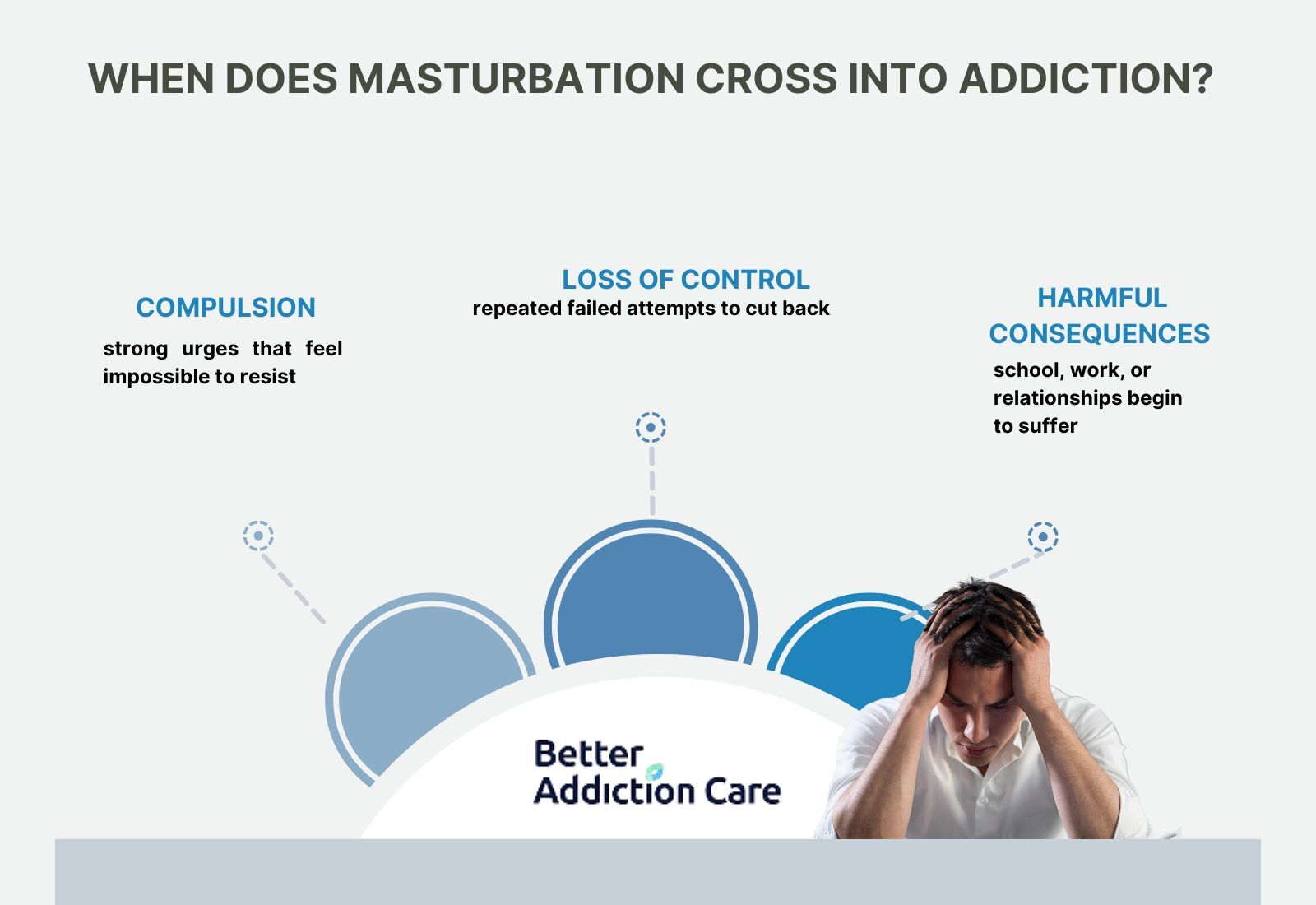
You’re not alone if you’ve ever wondered: “Am I addicted to masturbation?”
For many young men, this question creeps in late at night, after another moment of guilt, secrecy, or frustration.
It’s confusing because by the time masturbation starts to feel compulsive, as it interferes with your goals, your focus, or your relationships, it can feel overwhelming.
You’re not alone if you’ve ever wondered: “Am I addicted to masturbation?”
For many young men, this question creeps in late at night, after another moment of guilt, secrecy, or frustration.
It’s confusing because by the time masturbation starts to feel compulsive, as it interferes with your goals, your focus, or your relationships, it can feel overwhelming.
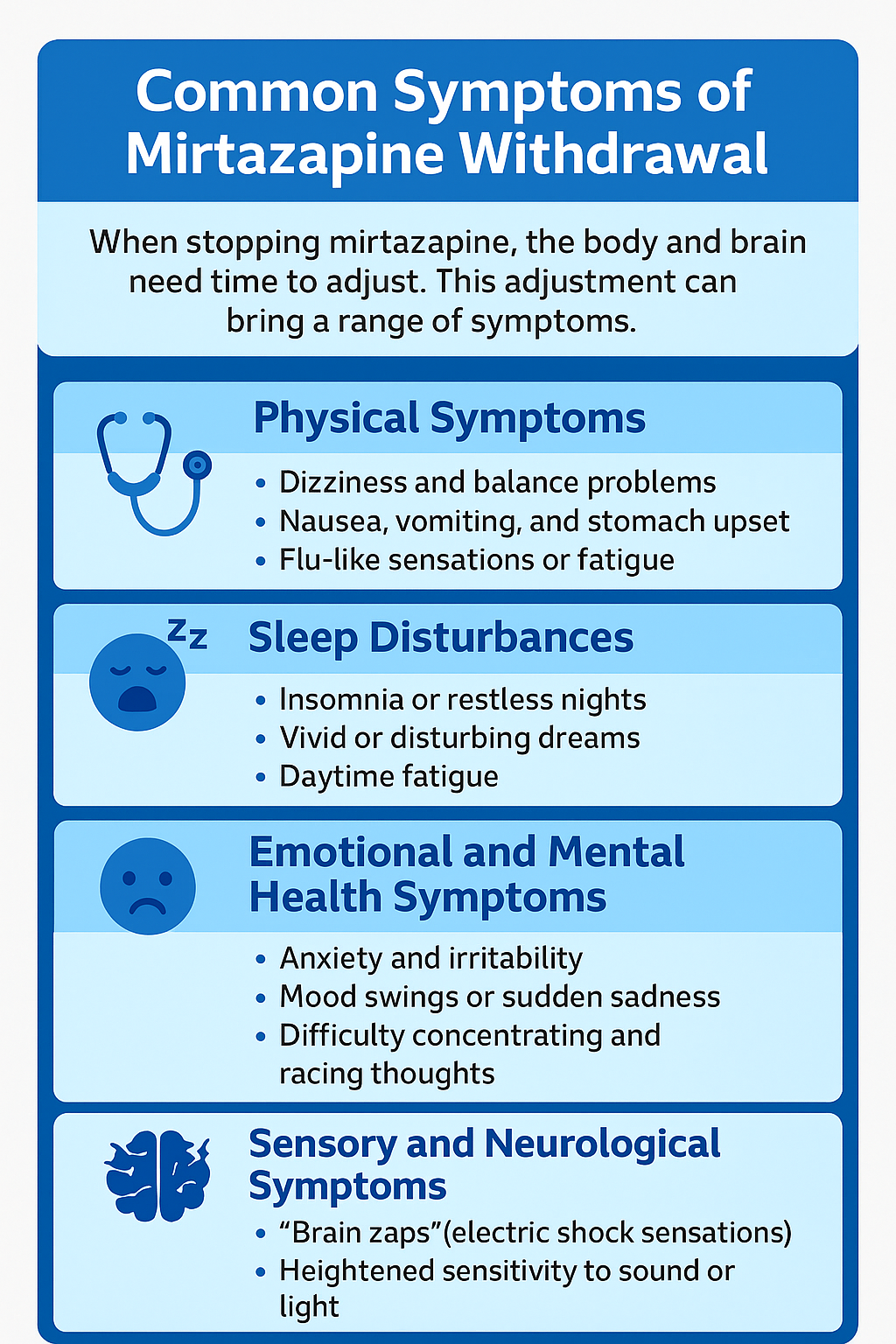 @esle
@esle

Deciding to stop Mirtazapine, also known by its brand name Remeron, often brings more questions than answers. What will the first days feel like? Will the symptoms drag on for weeks? What if my depression or anxiety comes back? These are the kinds of worries that make withdrawal feel so daunting.
Deciding to stop Mirtazapine, also known by its brand name Remeron, often brings more questions than answers. What will the first days feel like? Will the symptoms drag on for weeks? What if my depression or anxiety comes back? These are the kinds of worries that make withdrawal feel so daunting.
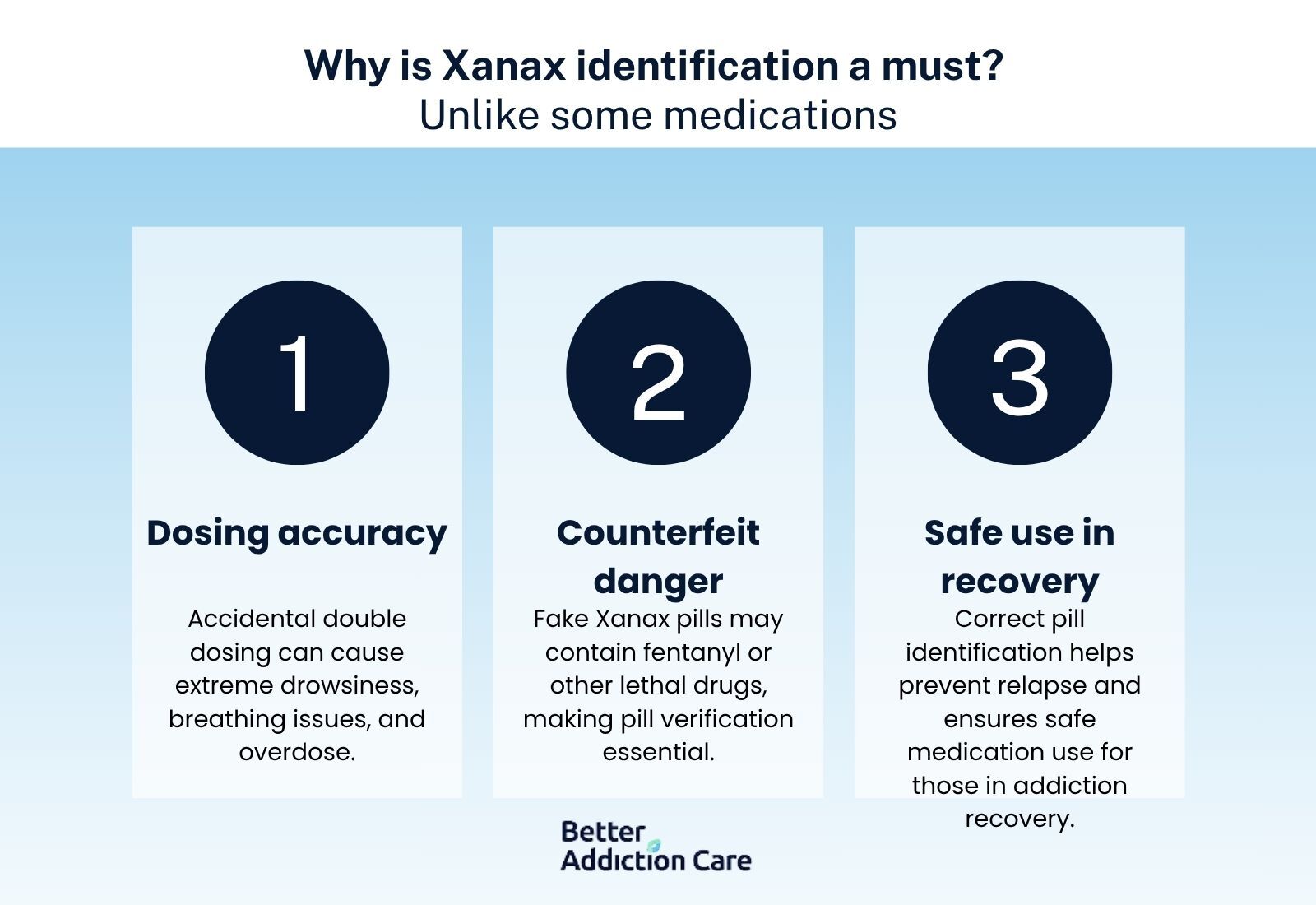 @esle
@esle

Xanax (alprazolam) comes in many colors, shapes, and strengths, which can make it confusing to tell pills apart.
While these features are designed to help with identification, counterfeit Xanax is widespread and often looks nearly identical to the real thing.
The most important rule: color or shape alone cannot confirm a pill’s authenticity — only the imprint code can.
Xanax (alprazolam) comes in many colors, shapes, and strengths, which can make it confusing to tell pills apart.
While these features are designed to help with identification, counterfeit Xanax is widespread and often looks nearly identical to the real thing.
The most important rule: color or shape alone cannot confirm a pill’s authenticity — only the imprint code can.

Drinking Alcohol is a big part of today's lives. If you are looking to cut the cycle of excessive drinking or just wish to spend your time differently and healthier, you should know there are so many possibilities around that! You can start by making your morning routine, networking, de-stressing, and so many other things that can keep you away from alcohol.

30 Days Without Alcohol refers to a personal commitment or challenge to abstain from alcoholic beverages for one full month, inspired by health resets like “Dry January” or personal goals for mental clarity.

To get rid of alcohol-induced bloating, reduce inflammation by drinking water, avoid carbonated or sugary alcoholic beverages, and support recovery with anti-inflammatory foods, light exercise, and rest.

In 2023, the Centers for Disease Control and Prevention (CDC) reported that 14% of public schools had registered bullying as a discipline concern, while the National Center for Education Statistics (NCES) stated in 2019 that 20% of students aged 12 to 18 had reported being bullied.

Inhalant abuse, which is frequently underestimated and ignored, can result in severe withdrawal symptoms when individuals abruptly discontinue or reduce their intake after chronic use. Inhalants are a diverse group of chemical compounds that generate mind-altering effects when inhaled.
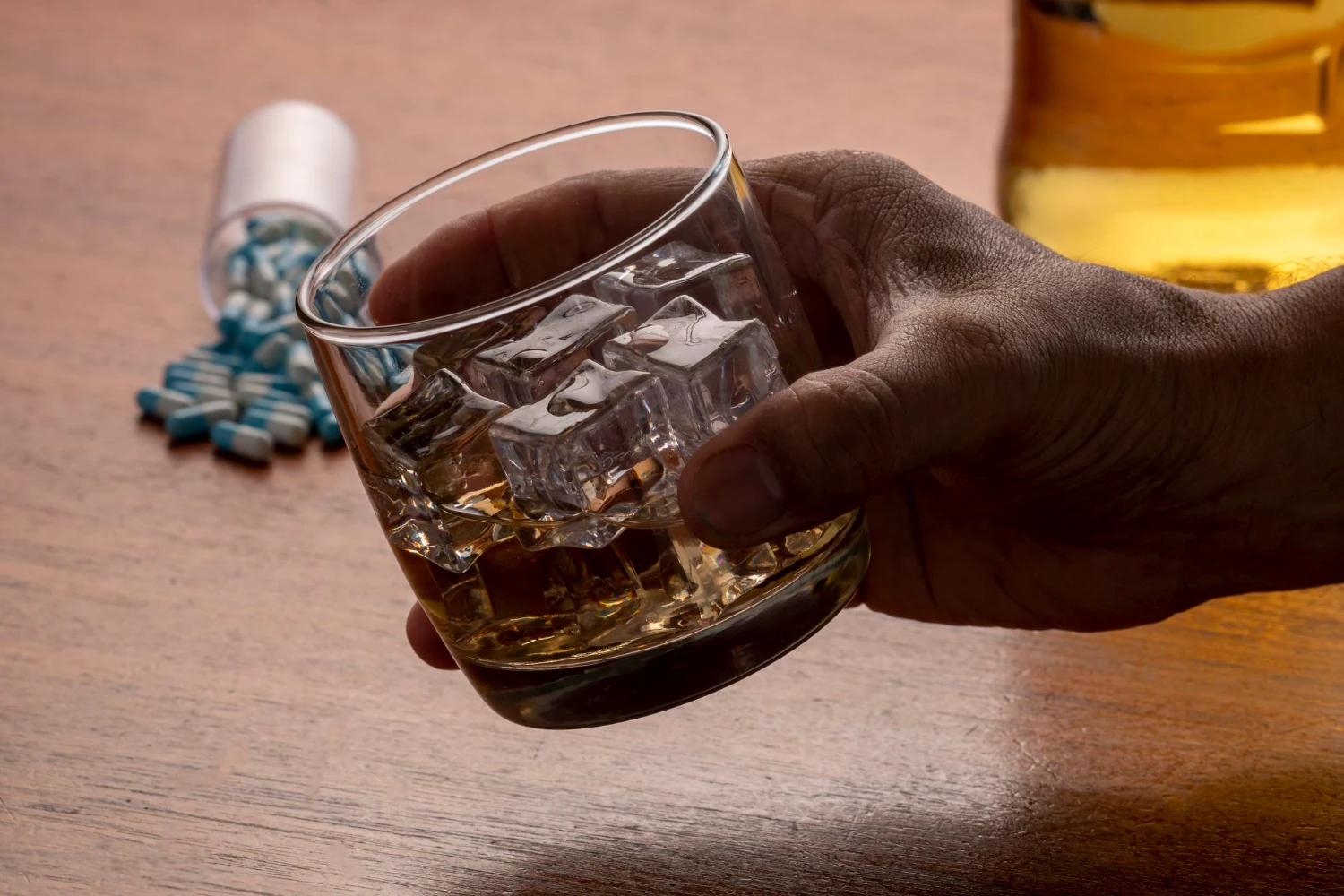
The struggle with opioids and alcohol addictions involves a complex battle against physical dependence, psychological cravings, and social stigma, requiring comprehensive treatment and long-term support.

End-stage alcoholism is marked by severe organ damage (e. liver failure, brain degeneration), chronic dependence behaviors (e. compulsive drinking, acute withdrawal), and collapse in life functionality (e.

Teenage drinking is a big problem around the world, and research shows that being exposed to alcohol early on is usually linked to long-term health and social effects. The World Health Organization says that about 11% of all alcohol use is by people ages 15 to 19.

For people with substance abuse disorder, the vision of detoxification sounds very scary. While a rehab center could be an option in the matter of substance use recovery, some individuals could prefer to detox at home due to issues like privacy, financial problems, or an inclination toward the comfort of one’s home.
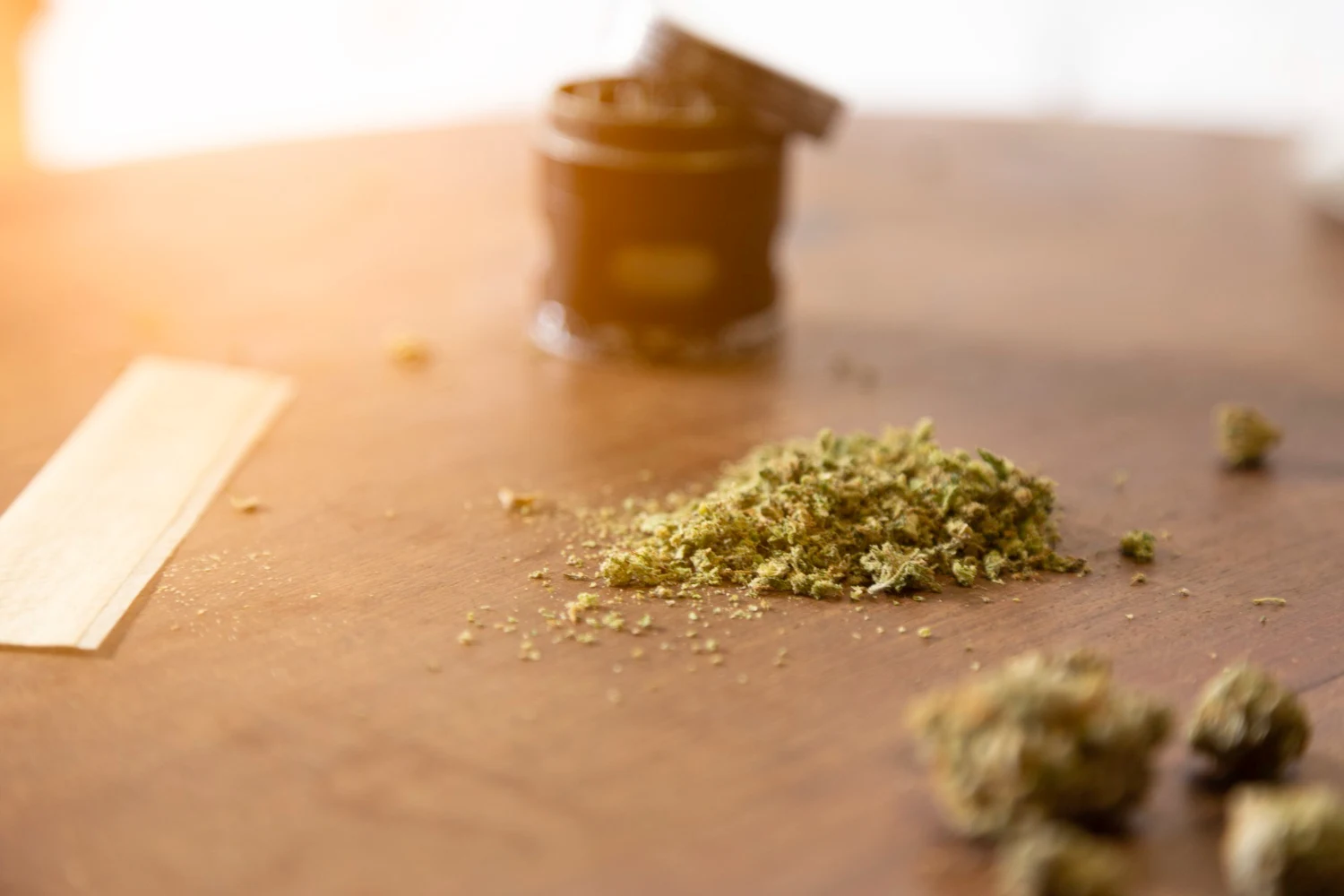 @esle
@esle

When most people hear the term ‘weed’ they will automatically know it refers to marijuana. Laced weed, however, may not ring a bell to you even though it is far more dangerous. Laced weed refers to marijuana that has been laced with other substances, which, in turn, can cause serious consequences to consumers.
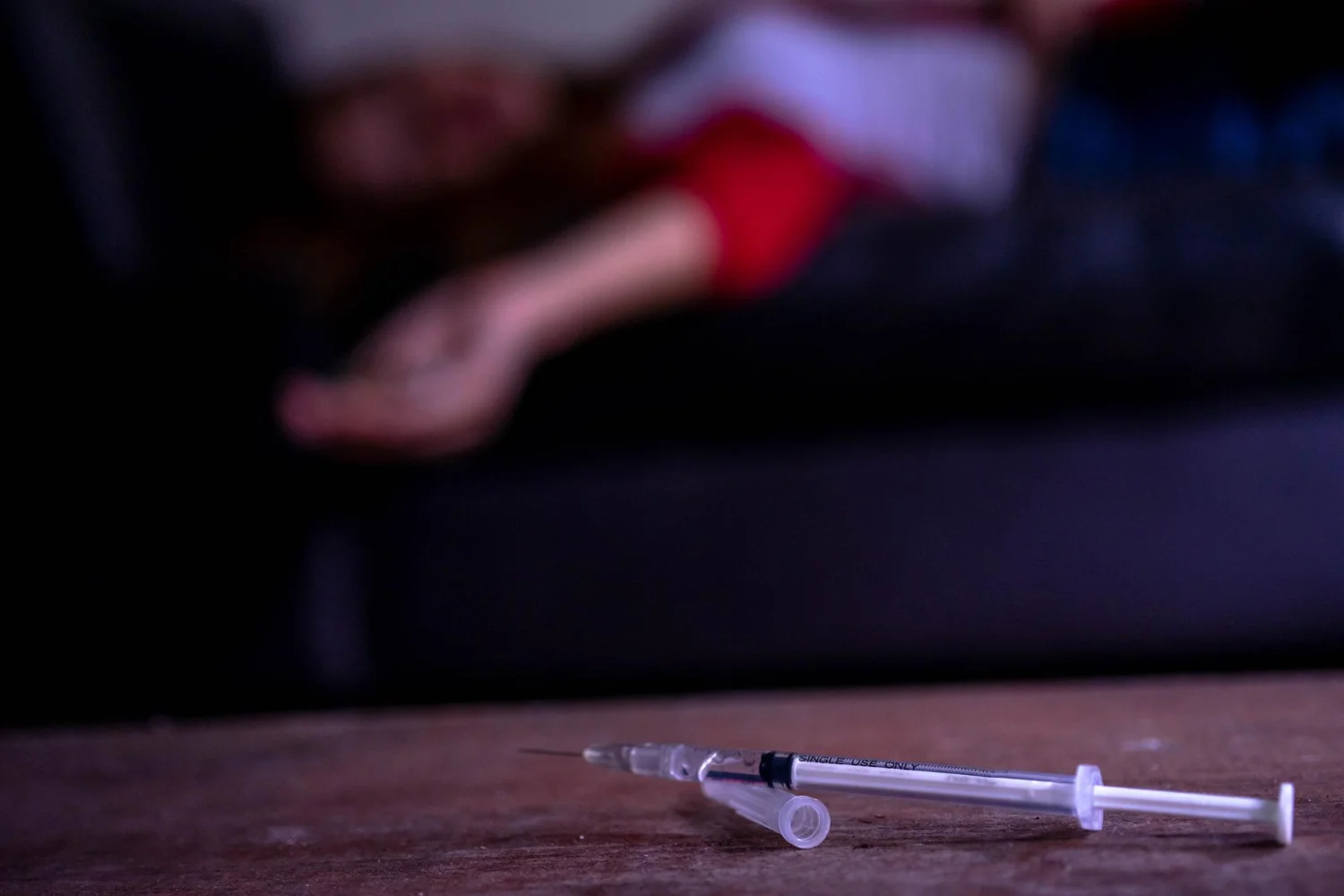
Detox is a dual internal and external process that involves facing the obstacles you must overcome and the prejudices and myths that conventionally surround the process. Among these myths, detoxification myths are widespread and very confusing.

Short–term detox programs grant individuals who are in the grip of a substance abuse disorder a temporary solution, which allows them to gradually and safely go off drugs or alcohol over a short period under closely monitored conditions.
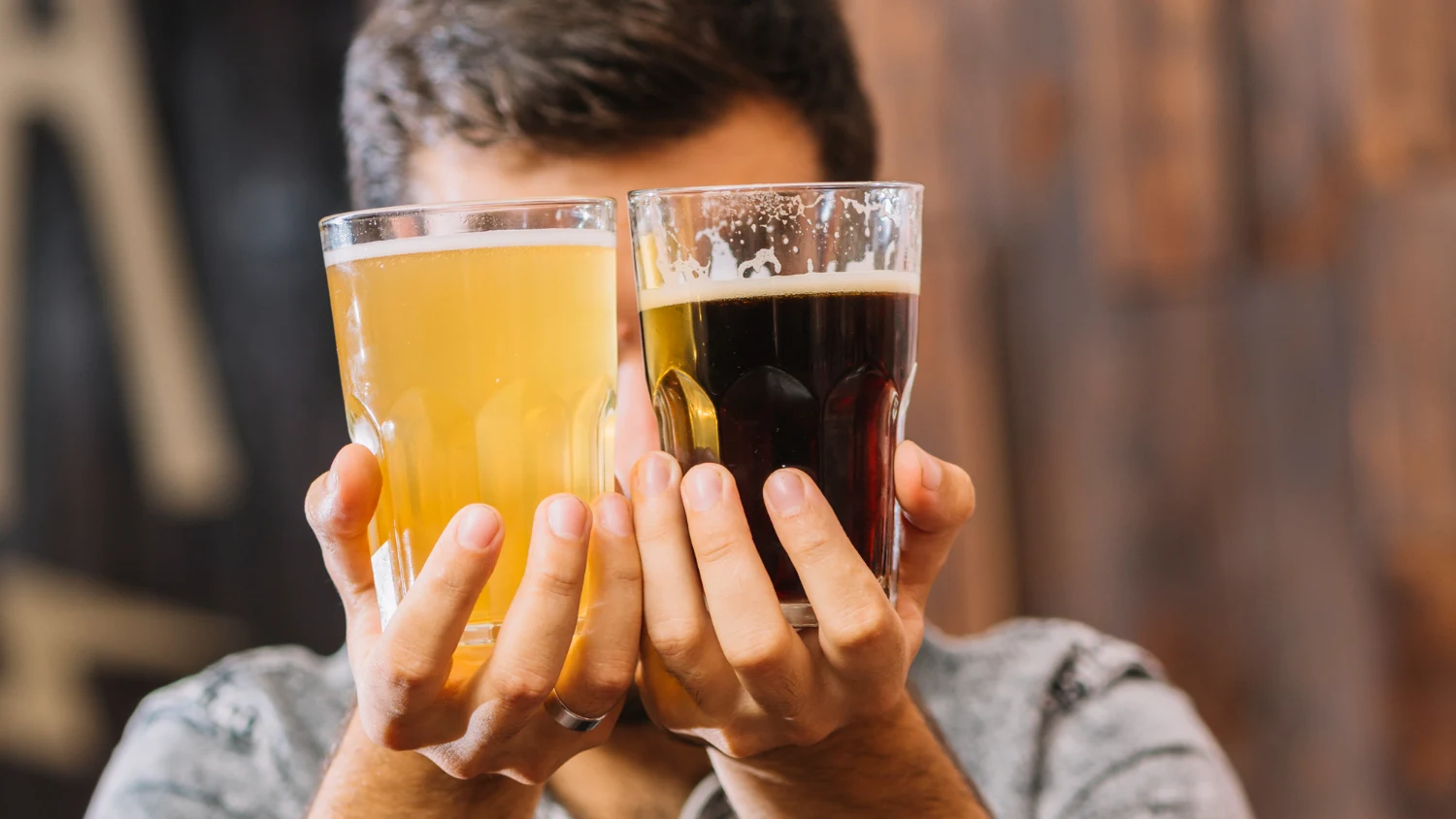
Alcohol street names originate in specific cultural and social situations and are part of a more extensive vocabulary linked with drinking culture. Young people in the United States, particularly teens and college students, frequently utilize alternative names to describe various sorts of alcoholic beverages.

In the last few years, non-religious rehab programs have appeared as a good option for those individuals who are engaged in recovering from their addiction but who, at the same time, do not want to include any religious or spiritual components in the way to sobriety.
